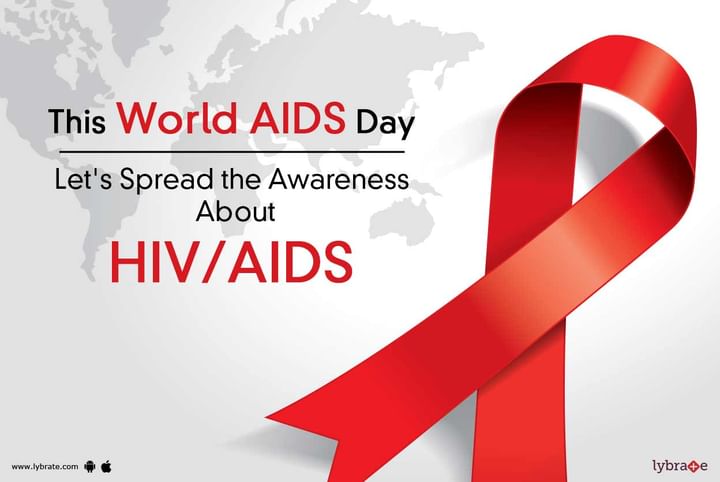This World AIDS Day - Let's Spread the Awareness About HIV/AIDS
What is Monogamous Relationship?
You (who have been tested for STD/STIs and don't have any) are having sex with only one partner (who also has been tested for STD/STIs and doesn't have any) who only has sex with you. And you both keep it that way!
Stated another way, you are both STD/STI free and only have sex with each other. People of any sexual orientation can engage in monogamous relationships. The only thing implied by the term monogamy is that the relationship consists of two people who are romantically and/or sexually exclusive. Theoretically, outside of abstinence, this is really the safest type of "safer sex" that you can have.
Celebrated on 1st December of each year, World AIDS Day, aims to spread awareness about HIV / AIDs. It is an STD wherein, HIV stands for human immunodeficiency infection and AIDS stands for acquired immune deficiency syndrome. The disease hinders the immune system in keeping up our body’s security against sickness. HIV causes individuals to end up wiped out with infections that regularly would not affect them and HIV leads to AIDS.
Understanding the Symptoms:
HIV has few or no signs or symptoms for up to ten years or more before side effects of AIDS tends to manifest. There is no cure for HIV/AIDS, yet treatment is accessible. A few people have HIV symptoms not long after being infected. These include:
- There are a few phases of HIV illness. The primary HIV side effects may include swollen glands in the throat, armpit, or crotch.
- Other early HIV symptoms incorporate slight fever, headaches, exhaustion, and muscle throbs.
- These symptoms may keep on going for just a couple of weeks. At that point, there are typically no HIV indications for a long time. That is the reason it can be difficult to know whether or not a person is suffering from HIV.
The symptoms of AIDS show up in the most advanced phase of the HIV disease. These are as follows:
- Along with a severely damaged immune system, a person with AIDS may likewise have thrush. A thrush is a thick, whitish covering on the tongue that is brought about by a yeast infection and now and then joined by a sore throat.
- Serious or repetitive vaginal yeast infection.
- Pelvic inflammatory illness.
- Serious and frequent infections.
- Unexplained fatigue that might be followed by headaches, dizziness.
- Loss of more than ten pounds of weight that is not because of physical exercise or consuming fewer calories.
Risk Factors: There are a lot of ways in which you can get the infection. HIV is transmitted through blood, semen, vaginal fluids and breast milk. The most well-known ways in which HIV is spread, are:
- Having sexual intercourse without a condom with somebody who has HIV/AIDS.
- Using needles or syringes that have been used by someone who has HIV/AIDS.
- Being punctured with a needle or surgical instrument that has been contaminated with HIV.
- Getting HIV blood, semen or vaginal discharge into open injuries or wounds.
- Babies born to women with HIV/AIDS can get HIV from their mothers during birth or from breastfeeding.
There are numerous ways in which you can protect yourself from HIV. These are as follows:
- The most secure way is to limit the number of sexual partners you take on.
- Try to have safer sex and always use protection.
- Get your partners tested for HIV.
- HIV tests are a typical piece of social insurance.
In case that you think you may have been infected by HIV, talk to a specialist or a doctor about testing. Discussing what risks you might have taken can help you choose whether testing is ideal for you. If you wish to discuss about any specific problem, you can consult a doctor and ask a free question.



+1.svg)
